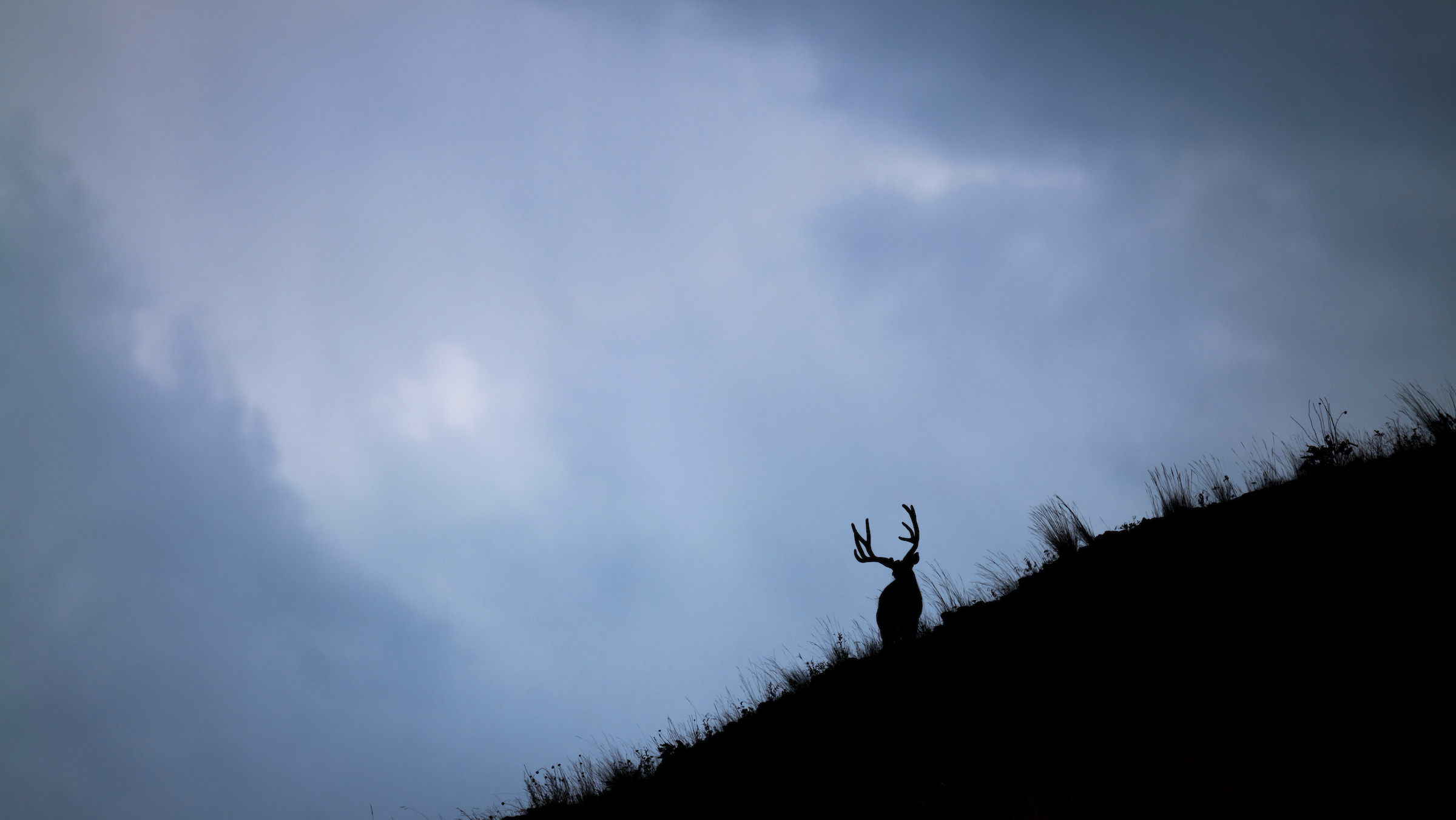
Two core rules of the North American Mannequin of Wildlife Conservation are that wildlife belongs to the general public, and that there must be searching “alternative for all.” In different phrases, the general public ought to get equitable entry to that wildlife. Excessive-dollar massive recreation auctions — wherein rich hunters bid a whole lot of hundreds of {dollars} on probably the most unique and coveted tags — appear to fly within the face of this precept. As searching and conservation editor Andrew McKean and I focus on on this episode of the Out of doors Life podcast, many of the basic public is left sitting on the sidelines at these auctions.
These a whole lot of hundreds of {dollars} raised at public sale are donated again to wildlife administration, which in flip improves herd numbers and can assist open extra searching alternatives for common hunters. That’s the best-case state of affairs. However usually these well-intentioned fundraisers tip into moral grey space. In lots of instances, as an example, Western outfitters diligently scout models to find and {photograph} the largest trophy-class bucks, bulls, and rams — after which flow into these pictures to potential bidders at these auctions. This will drive up the value of public sale tags, which is nice for the wildlife businesses that use the funding for conservation tasks. Nevertheless it additionally appears like the entire framework is one step wanting market searching, says McKean.
“In a variety of instances, the contributors in auctions are shopping for a chance to hunt a selected animal, and in some instances they’re shopping for [the tag] with the expectation that they’re going to kill that animal,” he says. “That transactional a part of it’s actually problematic. For those who pull that thread just a bit bit, what we’re doing is selling market searching. The very purpose we have now the North American Mannequin of Wildlife Conservation is to get away from the thought you could completely personal and promote a selected [wild] animal.”
As an alternative choice to the public sale mannequin, some states need to raffles. Montana just lately raffled its statewide mule deer tag with the assistance of Backcountry Hunters and Anglers, which raised a file quantity of funding. That raffle introduced in a complete of $56,620 for conservation by promoting 2,831 tickets for $20 apiece to the general public. Within the Southwest, the Arizona Sport and Fish Fee just lately voted to abolish the states observe of auctioning tags.
Nonetheless, it’s unlikely that we’ll see high-dollar massive recreation tag auctions go away anytime quickly. These strategies are so efficient at elevating funds that state businesses would take a critical hit with out them. For instance, final 12 months Arizona auctioned its statewide mule deer tag for a record-setting $725,000. So as to earn that very same quantity of income by way of a raffle, the state would have needed to promote 36,250 raffle tickets at $20 a pop. That’s almost 13 instances as many raffle tickets than the overall bought in Montana’s statewide mule deer public sale, that means it might be an almost not possible variety of tickets to promote.
McKean says that raffles work properly when the company is hoping to boost between $50,000 and $100,000. For funding efforts bigger than that, auctions would nonetheless be the way in which to go. There are additionally extra inventive methods to assist conservation, says McKean. To listen to about these, take heed to this week’s episode on Spotify, Apple, or wherever you get your podcasts.


